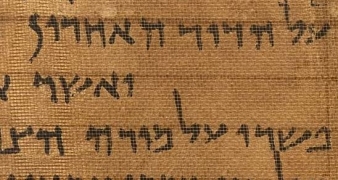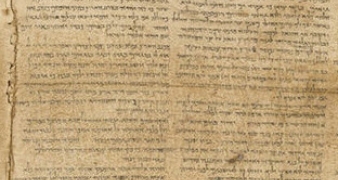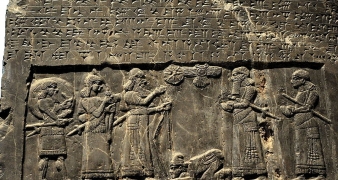The question of the relationship between religion and violence is a frequent topic in contemporary discourse. The problem has been particularly heightened in the wake of the attacks of 11 September 2001. It is no coincidence that the relationship between religion and violence focuses above all on the relationship between Islam and violence.
Research projects of Csaba Balogh
|
2017 |
2014 to 2020 The current research project focuses on the Book of Habakkuk, providing a Hungarian commentary on the Hebrew text of this prophetic book. This biblical book was composed during the Neo-Babylonian period, a very significant transitional era in the history of formation of the Old Testament. This research goes beyond offering a mere philological satisfaction for a reader dealing with an ancient text and also highlights the book’s existential topics, such as social justice and its ultimate survival in a world wounded by oppression and arrogance. |
|
2003 to 2030 The origins of the Book of Isaiah go back to the 8th century B.C., being one of the ancient books of the Old Testament. It is well-known, however, that the book was composed during several centuries. The purpose of this project is to examine this long compositional history of the book of Isaiah from its beginnings up to the moment that it has come to be included into the Old Testament canon. |
2010 to 2020 In the study of the Old Testament (Hebrew Bible), the texts of the Ancient Near East are of primary importance. The Old Testament was written in a context which is connected with thousands of ties to the societies of the ancient world of the Fertile Crescent. The close connection between the Bible and the Near East is often explicitly marked by the biblical authors. On other occasions, further research is required to highlight the parallells. This research aims to make availablea representative collection of ancient texts in translation to Hungarian students and readers of the Bible. The translation is accompanied with the necessary annotations underlining the parallels between the biblical texts and its Near Eastern counterparts. |



